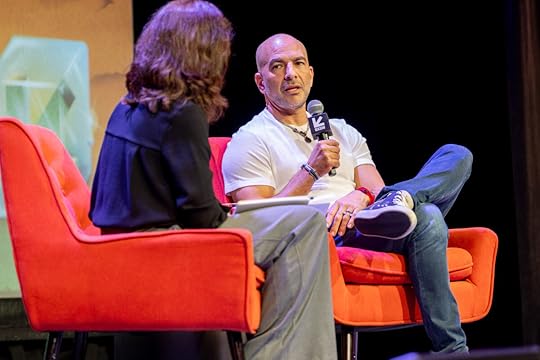Expert Explains Why Sleep Is Just as Important as Diet and Exercise for Your Health
For some, the daily grit and grind is enough to help ensure they get a good night's sleep. However, for many others, the attempt to find consistency in daily sleep is a tall task. Whether it be due to the late-night grind of a busy schedule or simply being a night owl, the task of getting to bed early and logging a decent number of hours of sleep isn’t always easy.
However, according to physician and host of The Drive podcast, Peter Attia, sleep is just as pivotal as exercise and nutrition. In one of Attia’s recent posts/email newsletters, he detailed the specifics about how and why to utilize sleep as a longevity tactic, and that breakdown was pretty eye-opening.
Peter Attia’s Key Points on the Importance of SleepWhile Attia detailed several key impacts of why sleep is so vital to your day-to-day success, here’s a look at a starting breakdown which he unveiled at the start of his recent newsletter.
 Marty Munson, Peter Attia at the Featured Session ‘Peter Attia: The Science and Art of Longevity’ during SXSW Conference & Festivals.
Marty Munson, Peter Attia at the Featured Session ‘Peter Attia: The Science and Art of Longevity’ during SXSW Conference & Festivals.Renee Dominguez/SXSW Conference & Festivals via Getty Images
Why sleep is as crucial as nutrition and exercise in maintaining health.The short-term cognitive and physical effects of poor sleep and how they can compromise your daily performance.The long-term health risks associated with chronic sleep deprivation, including cardiovascular disease and neurodegenerative disorders.How sleep influences metabolic health, affecting insulin sensitivity, weight, and the risk of developing type 2 diabetes.The importance of sleep for mental health, including its impact on mood, stress, and the risk of depression and anxiety.Attia went on to describe the short-term and long-term consequences that can come from poor sleep, and each point was noteworthy. Among the most noteworthy points for short-term consequences that can come from poor sleep were cognitive impairment and mood disruptions. This includes reduced attention, difficulting concentrating, worsened mood and an increase in stress and anxiety.
Attia’s Long-Term Consequences of Poor SleepAs concerning as the short-term consequences of not getting enough sleep were, the long-term were as significant, if not more. This included cardiovascular disease, mental health issues and more, which are listed below.
Cardiovascular disease: Risk factors for hypertension, heart disease and stroke. Metabolic disorders: Increased risk of type 2 diabetes. Neurodegenerative diseases: Increased risk of neurodegenerative diseases like Alzheimer's disease and Parkinson's. Immunosupression Mental health issues: Attia notes that chronic sleep depreviation is closely linked to disorders such as depression and anxiety.The segment from Attia, which is part of his longevity course, touched on several key factors that can negatively impact life on a daily and long-term basis regarding lack of sleep. So while many tout that getting 6-8 hours of sleep is pivotal, it may be more important than ever before based on the research behind this data.
Related: Peter Attia Reveals 1 Supplement That Could Help Aid Depression Treatment
Men's Journal's Blog
- Men's Journal's profile
- 1 follower



